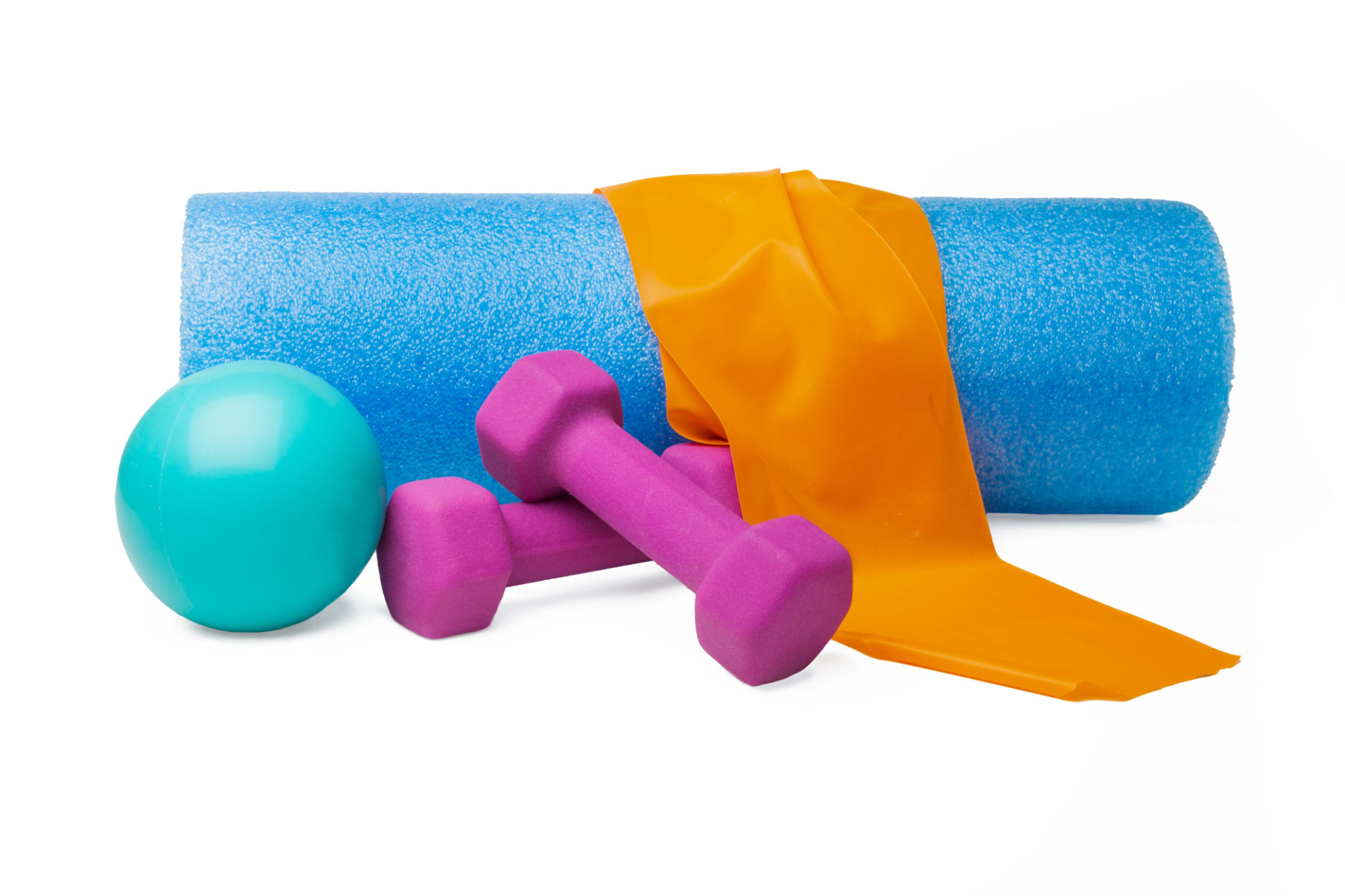Expert Tips for a Sustainable Summer Body Workout Routine
Creating a Balanced Routine
Achieving a sustainable summer body isn't about drastic changes; it's about creating a balanced workout routine that you can maintain. Focus on incorporating a mix of cardio, strength training, and flexibility exercises to ensure your body gets a well-rounded workout. This balance helps in maintaining muscle tone, boosting metabolism, and improving overall fitness.
Start by setting realistic goals. Whether it's jogging three times a week or attending yoga classes, having clear objectives keeps you motivated. Remember, consistency is key, so choose activities that you enjoy and can stick with long-term.

Incorporate Strength Training
Strength training is crucial for building muscle and increasing metabolism. It helps in maintaining a toned body and supports fat loss. Incorporate exercises like squats, lunges, and push-ups into your routine. Using resistance bands or light weights can amplify your results without the need for heavy gym equipment.
Benefits of Bodyweight Exercises
Bodyweight exercises are a fantastic way to build strength without needing access to a gym. They can be done anywhere and are highly effective in building lean muscle. Exercises such as planks, burpees, and mountain climbers engage multiple muscle groups, providing a comprehensive workout.

Cardio for Heart Health
Cardiovascular exercises are essential for heart health and burning calories. Activities like running, cycling, or swimming not only boost your cardiovascular health but also enhance endurance. Aim for at least 150 minutes of moderate cardio per week to keep your heart in top condition.
Make It Enjoyable
Choose cardio activities that you find fun to ensure you remain motivated. Whether it’s dancing, hiking, or playing a sport, the key is to stay active while enjoying the process. Mixing up your routine prevents boredom and keeps your body challenged.

Flexibility and Recovery
Incorporating flexibility exercises such as yoga or Pilates can improve your range of motion and prevent injuries. Stretching post-workout aids in recovery and reduces muscle soreness, allowing you to maintain a consistent exercise schedule.
The Importance of Rest Days
Rest days are just as important as workout days. They allow your muscles to repair and grow stronger. Overtraining can lead to burnout and injuries, so it’s vital to listen to your body and take breaks when needed. Aim for one to two rest days per week.

Nutrition and Hydration
A sustainable workout routine is supported by proper nutrition and hydration. Fuel your body with balanced meals that include proteins, carbohydrates, and healthy fats. Staying hydrated is equally important, especially during hot summer months when you’re more prone to dehydration.
Consider meal prepping to ensure you have healthy options available throughout the week. This helps in maintaining energy levels and supports muscle recovery post-exercise.
